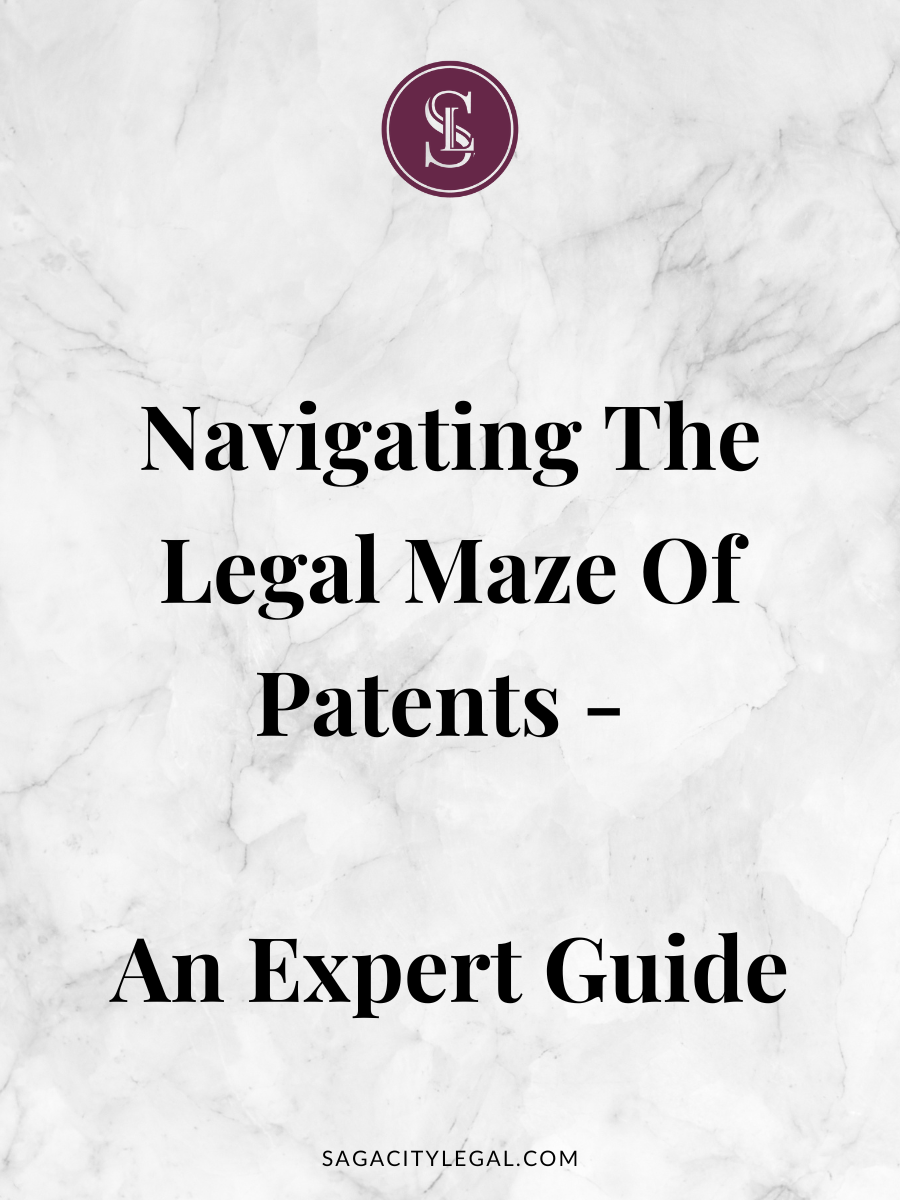As an inventor, obtaining patents for your inventions changes the game for your business.
It ensures protection of your intellectual property for a certain period of time. It gives you the exclusive right to manufacture, use, and sell your invention.
Understanding the legal barriers in obtaining a patent avoids costly mistakes.
After reading this blog post, hop over to my YouTube Channel and watch this free training video to learn more.
Let’s start with non-patentable subject matter and patents.
Certain things cannot be patented. You cannot patent laws of nature, natural phenomena, and mathematical algorithms. This means that if your invention is based on any of these, you won’t be able to get a patent for it. However, note that if your algorithm causes some other invention, then it may be patentable. Additionally, abstract ideas cannot be patented. So if your invention is based solely on an abstract idea, you won’t be able to obtain a patent.
Prior Disclosure and patents
Another legal barrier to obtaining a patent is if the invention has already been disclosed elsewhere. This means that if your invention has been made public before you file a patent application, you won’t be able to obtain a patent for it. This is why it’s critical to keep your invention confidential until you file your patent application to avoid losing the exclusive rights to your intellectual property.
Now let’s discuss inventorship and patents
When filing a patent application, it’s vital to ensure that all inventors are correctly named. The failure to name all the correct inventors can invalidate your patent. So, before submitting your application, you must determine who the true inventors are. In general, an inventor is someone who has contributed to the conception of the invention. This means that if someone has contributed to the development or creation of your invention, they should be named as an inventor.
So, inventorship is crucial. Even if you’re not the sole inventor of your invention, you should still aim to get inventorship credited correctly. This helps prevent disputes over ownership of the invention or the patent that covers it.
Conclusion:
Obtaining a patent can be a tricky process, and it’s essential to understand the legal barriers that can prevent you from obtaining one. Non-patentable subject matter, prior art, and inventorship are some of the critical legal barriers you need to navigate. It’s essential to consult with a professional to guide you through the patent application process and ensure that you’re following all the necessary steps to obtain a patent for your invention. Remember, a patent is a valuable asset that can protect your intellectual property, and it’s worth investing the time, resources, and effort to secure one.


leave a comment on this post.